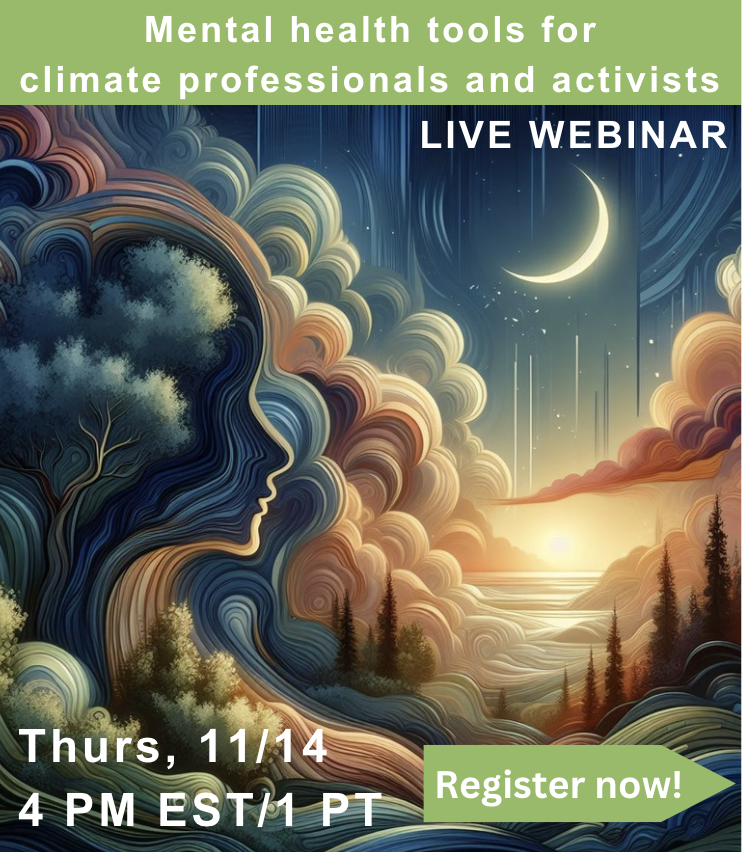U.S. DOE Expands Support for Community-Led Clean Energy Transitions
DOE’s Clean Energy to Communities (C2C) program helps local governments, electric utilities, community-based groups, and other decisionmakers realize their clean energy goals with innovative modeling and testing tools developed at DOE’s world-class national laboratories.
Today, DOE’s National Renewable Energy Laboratory (NREL) released the first C2C annual report, which highlights more than 200 communities across the United States that have benefited from this groundbreaking program. C2C has supported these communities across the clean energy transition—from foundational guidance to specific project support.
To build on this success, DOE also announced new funding, technical assistance, and peer learning opportunities across all three program offerings.
C2C In-Depth Partnerships Accepting New Proposals
NREL today released a Request for Proposals to support 2-4 communities in developing tailored, actionable decarbonization strategies as part of C2C in-depth partnerships offering. Teams comprising a local government, electric utility, and community-based organizations can apply for a multi-year partnership with experts from DOE’s national laboratories. Lab experts will help these teams better understand, model, and validate potential clean energy deployment strategies so the communities they represent can make more informed decisions. In-depth partnerships focus on key challenges that address multiple sectors, including the renewable energy, mobility, grid, and buildings sectors.
Awards include up to $500,000 in subcontract funding and up to $3,500,000 in the form of in-depth technical assistance from one or more national laboratories. Funding can be used to support staff, community engagement activities, and the purchase of clean energy infrastructure or technology.
Join a webinar on April 18 at 1 p.m. ET to learn more and apply by June 14.
Past and ongoing in-depth partnership highlights include:
- Pilot project supporting an Alaska utility’s transition from coal to clean energy
- Active In-Depth Partnerships in Chicago, Illinois; Colorado Springs, Colorado; Delaware Valley, Pennsylvania and New Jersey; Moloka‘i, Hawaii; Pittsburgh, Pennsylvania; and Sitka, Alaska.
Webinars
Learn more about C2C opportunities at the following webinars:
- Peer-Learning Cohorts and Expert Match: April 10, 1 p.m. ET; register via Zoom
- In-Depth Partnership Proposals: April 18, 1 p.m. ET; register via Zoom
Applications Now Open for Peer-Learning Cohorts
This week, NREL announced a new round of C2C peer-learning cohorts. Ten to fifteen communities will convene regularly from July-December 2024 to exchange strategies and best practices and learn from national laboratory experts on the following topics:
- Designing and Enhancing Energy Efficiency Programs for Residential Buildings
- Charting a Path to Municipal Fleet Electrification
- Implementing an Agrivoltaics Project
Join a webinar on April 10 at 1 p.m. ET to learn more and apply by April 30.
Past peer-learning cohorts, as well as the three ongoing cohorts, have achieved several notable successes:
- Cook County, Illinois, developed an EV-charging strategy.
- Little Rock, Arkansas, established a plan to achieve 100% clean energy for its municipal operations by 2030.
- The San Diego Association of Governments found new ways to enhance community participation in clean energy planning.
- Clean Cities and Communities offered ongoing support to participants during and between cohort sessions.
Applications Remain Open for Short Term Technical Assistance
C2C’s expert match program provides between 40 and 60 hours of tailored technical assistance to help local governments, electric utilities, community-based groups, and others address short-term energy challenges. Applications are accepted on a rolling basis. Apply today!
Past Expert Match highlights include:
- Partnering with the Black Farmers Collaborative to explore agrivoltaics on farms in Florida and across the Southeast
- Exploring the potential of floating solar on a municipal reservoir with Cohoes, New York
- Identifying opportunities for commercial building efficiency in Unincorporated Norcross, Georgia
- Identifying the costs and benefits of various strategies for achieving net-zero operations in Washtenaw County, Michigan.
C2C is funded by DOE’s Office of Energy Efficiency and Renewable Energy and managed by the National Renewable Energy Laboratory delivered in collaboration with Argonne National Laboratory, Lawrence Berkeley National Laboratory, Oak Ridge National Laboratory, and Pacific Northwest National Laboratory. The World Resources Institute also assists with C2C Peer-Learning Cohorts.
Learn more about each opportunity at www.nrel.gov/c2c.
Read the full C2C annual report.
Courtesy of U.S. DOE.

Chip in a few dollars a month to help support independent cleantech coverage that helps to accelerate the cleantech revolution!
Have a tip for CleanTechnica? Want to advertise? Want to suggest a guest for our CleanTech Talk podcast? Contact us here.
Sign up for our daily newsletter for 15 new cleantech stories a day. Or sign up for our weekly one if daily is too frequent.
CleanTechnica uses affiliate links. See our policy here.
CleanTechnica's Comment Policy

